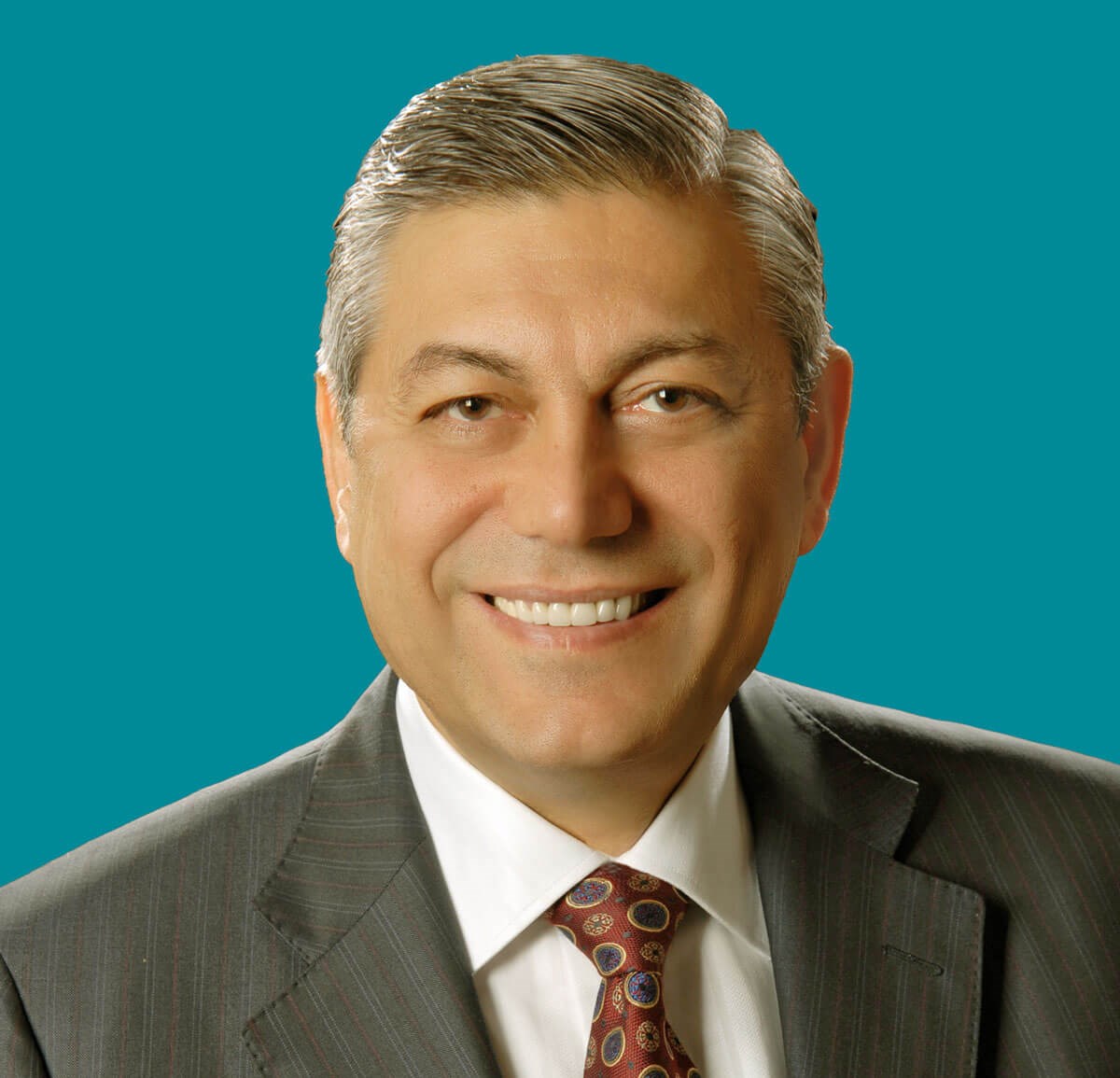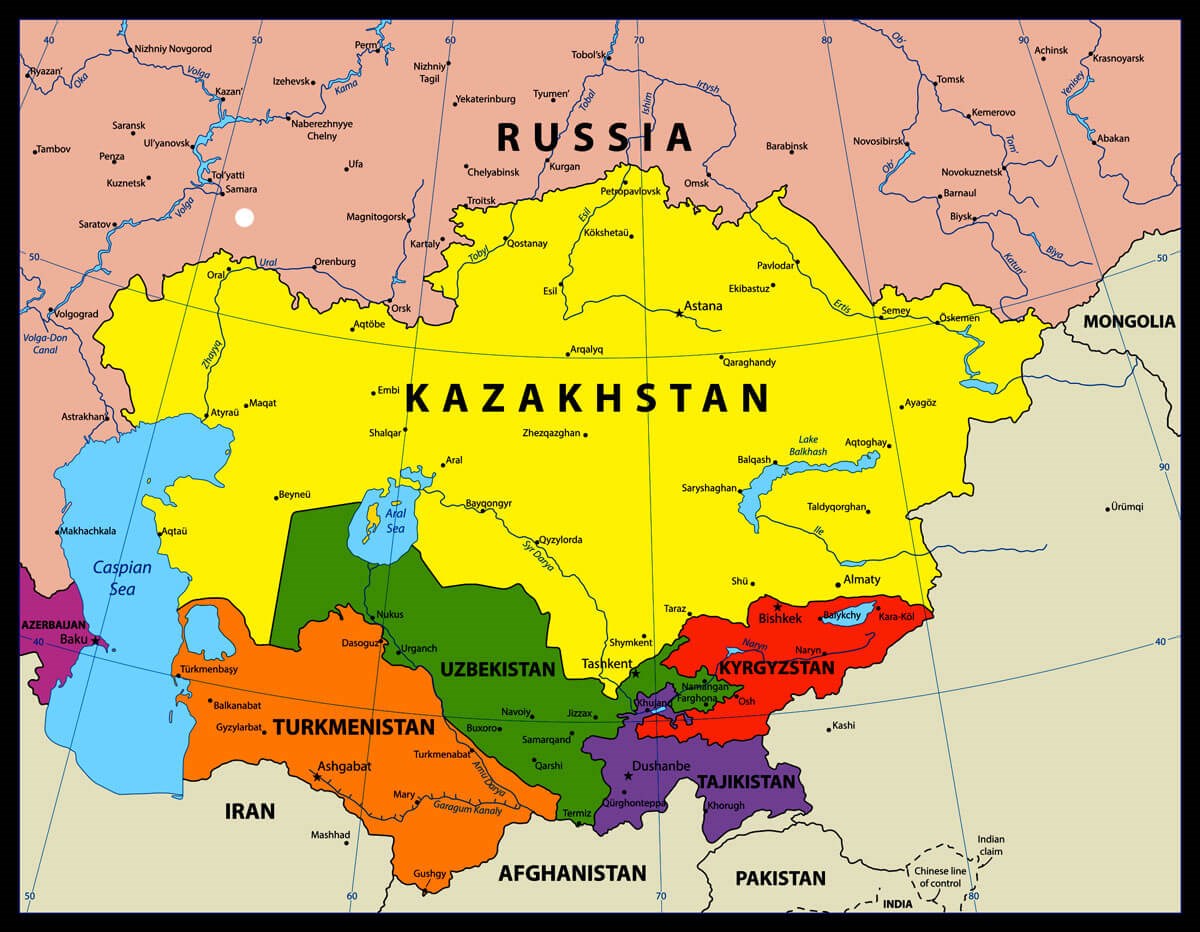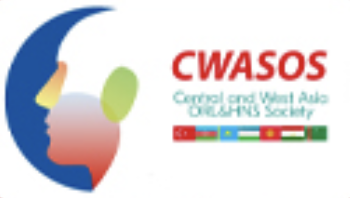
Prof Metin Önerci – ENT in Central Asia
Our Global Ambassador covering the Eurasia region is Prof Metin Önerci. We wanted him to shed some light on ENT in the countries of Central Asia – this is an area of the world that we in the west hear relatively little about. He gave us some fascinating information on these countries, but we started by having a chat with him more generally about ENT, IFOS 2023 and his home country, Türkiye.
Congratulations on winning the bid to host IFOS 2026 in Istanbul.
Thank you. When we celebrated our win, we celebrated with all our friends, and we promise to represent all of them – countries from Malaysia all the way to America, South America and Europe. When you look at the countries supporting us, it shows that science isn’t about politics – we don’t have anything to do with politics.
Tell us a little about the countries of Central Asia.
These countries are very much developed in art and in music. They have wonderful operas. They have wonderful literature. For them, moving away from the post-USSR situation has been long time coming. These countries are moving up and they want to be a part of the modern scientific world.

How is the medical specialist training structured in these countries?
Each country has its own residents and different training programmes, but now when they finish their training programmes and residencies, they come to Türkiye for six months or a year and we help them with their accommodation and other aspects. We are about nations. I am a Turkish man, but I think globally. The aim is to help these people. How? By training their physicians. If you help one person, that’s a big service; a service to humanity. So, the world should be global and all of us should work together to improve the quality of life of all the people in the world. This is our aim, our purpose.
I understand that historically cancer has been managed very differently in these countries than elsewhere in the world. Can you tell me about that?
In the past, oncology surgeons would have managed these patients, not ENT surgeons. This has now changed in Azerbaijan, so now a general surgeon cannot treat laryngeal cancer. Things are also changing in Uzbekistan, but it takes time. They need an otorhinolaryngologist, so they’re changing because otorhinolaryngologists have not learned how to perform surgeries in these patients. Now they’re learning. We have many Uzbek, Kazakh and Tajik surgeons coming to us in Türkiye to learn new methods. They also go to Europe. Some of them go to the US to train, or Korea. Korea is also very important – robotic surgery is very developed there, and countries like Kazakhstan and Uzbekistan have very close relationships with Korea.
Are you able to give us a flavour of the culture in some of these countries?
The people are so friendly, and their culture is so developed because they are used to living together. People from China, Korea, Kazakhstan, Uzbekistan – all these people can live together, no problem. The purpose for them is to be happy in the world. The main idea is you should never lie, never harm other people. You should respect your neighbour. You should help poor people. Rituals are secondary; they’re not so important. The most important thing is what kind of person you are and how you treat other people. They’re very tolerant, very democratic, not autocratic, very nice and very good people.
You should visit each country yourself! If you go to Kyrgyzstan, you’ll stay in a tent and it’s wonderful. When I was in Kyrgyzstan, they took me to a tent near the river. Also in Kazakhstan, for example, they take you to the mountains where they have wonderful houses in all the greenery. It’s something unexpected and a thing you should experience yourself.
